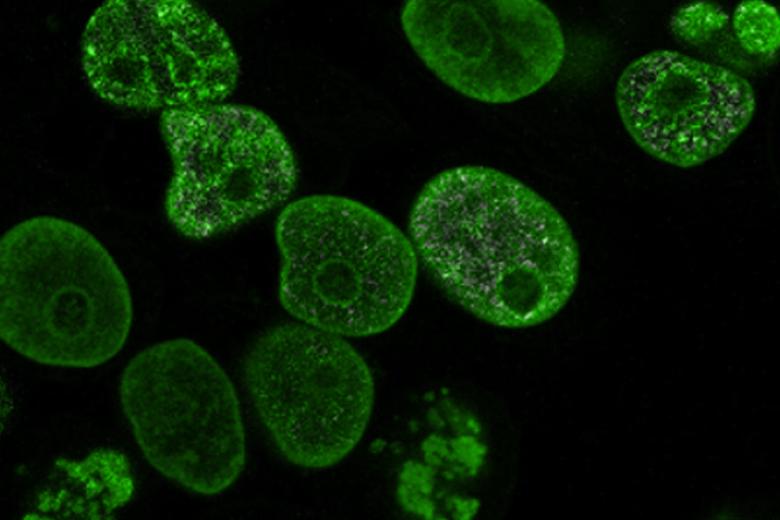Finished projects
FibreNet
The common goal is finding comprehensive solutions to improve and tailor the properties of fibre products.
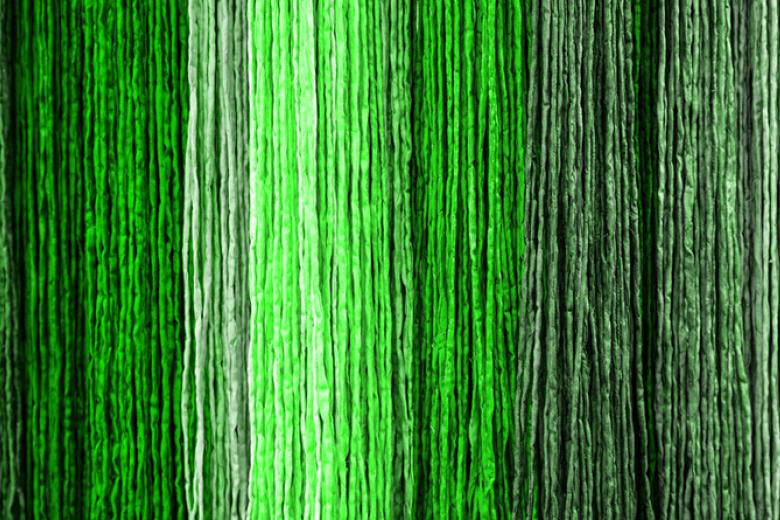
MATMED
MATMED will run a web-based open innovation and learning platform between regions to connect SMEs with researchers, specialised private investors and each other beyond their own regional networks.

KIEM GoChem
From the work field, there is an increasing need for sustainable building blocks to develop materials.
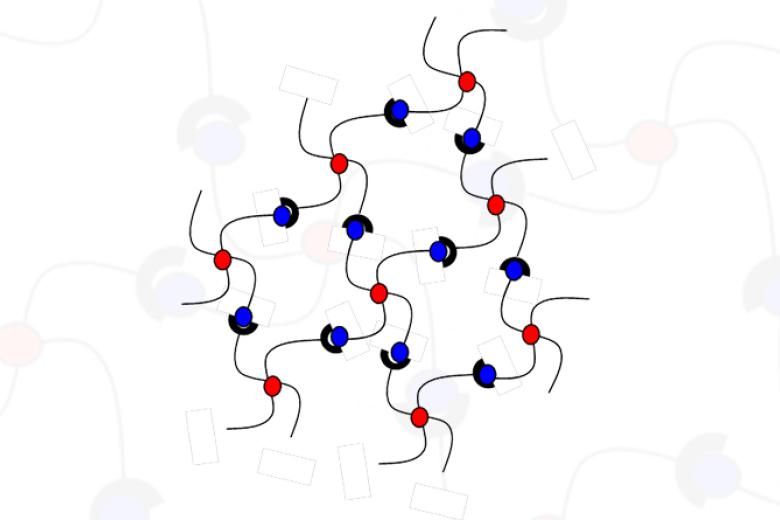
GOES
In this project, we will generate transgenic Stevia plants carrying a CRISPR/Cas9 construct to edit an endogenous gene, to assess the feasibility and evaluate the efficiency of genome editing in this commercially relevant crop.
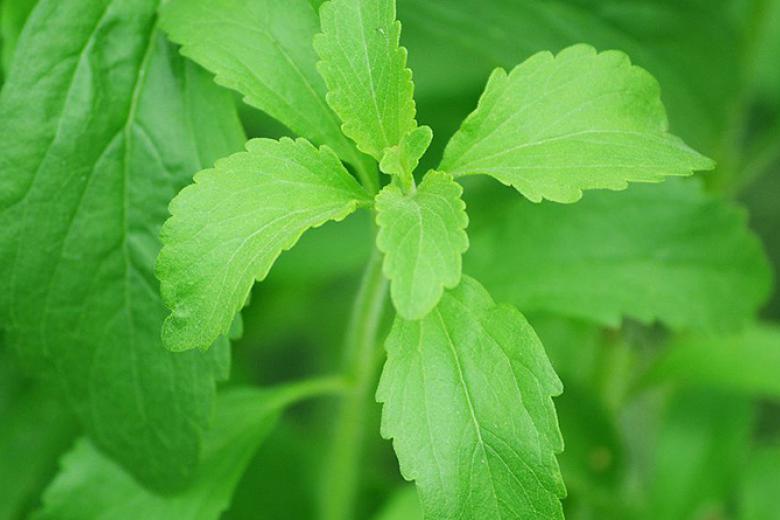
BM2C6
By means of the new BM2C6 project, we aim to create a unprecedented value chain starting from biomass up to C6 monomers.

Learning from nature to synthesize peptides and proteins
In this project, we propose an alternative peptide and protein synthesis strategy, inspired by nature, which develops the field in a more sustainable way.
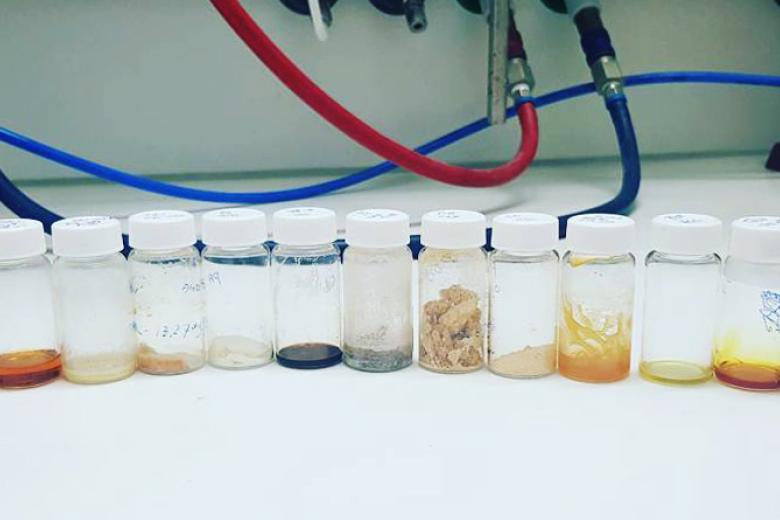
BiCEPs
BiCEPs proposes an approach to recycle plastic waste stream materials into new applications of high value.
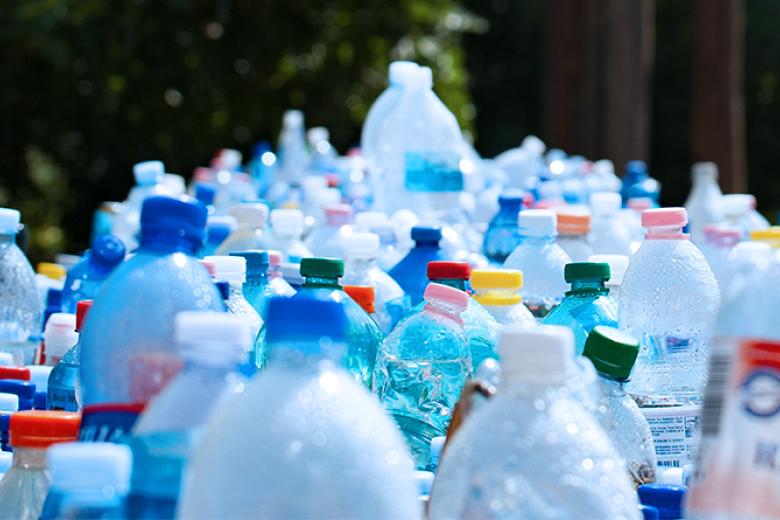
Genome editing of pollen using CRISPR/Cas9
If we wish to address the world’s increasing demand for food, feed and biomass while respecting the environment and coping with ever changing climate conditions, we need a leap forward in the technology for crop improvement, and CRISPR/Cas9 offers an unprecedented opportunity to enable this.
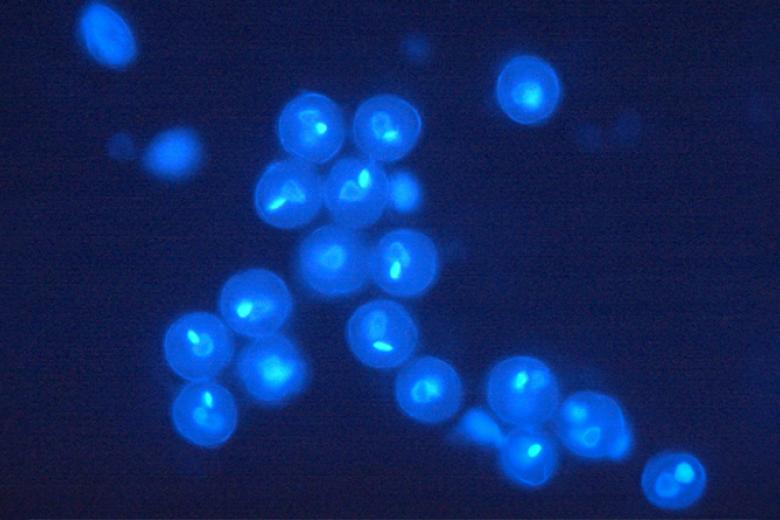
LIBERATE
LIBERATE aims to realize the first pilot scale plant for the so-called 'lignin-first' approach, a novel route produce not only cellulose, but also an aromatic oil directly from woody biomass.
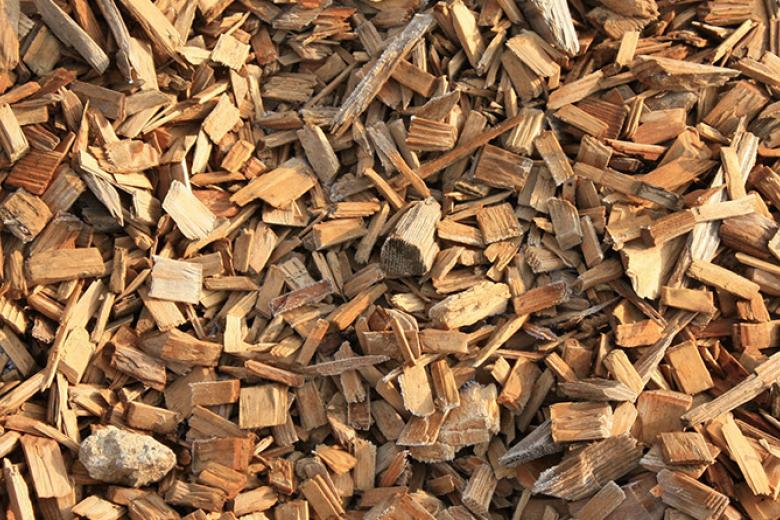
LOADED
The objective of the project is to evaluate the compatibility and added value of this biobased thermoplastic material for use as a performance additive in various commercial polymers, including polyesters, polyolefins and polyamides.

HiperBioPol
The project aims to provide eco-friendly solutions to achieve tensile strength and tensile modulus greater than 1GPa and 50GPa, respectively in processed products such as fibers or in engineering plastics applications.

D-NL-HIT
The main objective of the D-NL-HIT surface project is to introduce state-of-the-art development and testing methods.

BioAID
A novel biomimetic artificial intervertebral disc: Preserving natural spinal interactions and functions with an integrated biomimetic design.
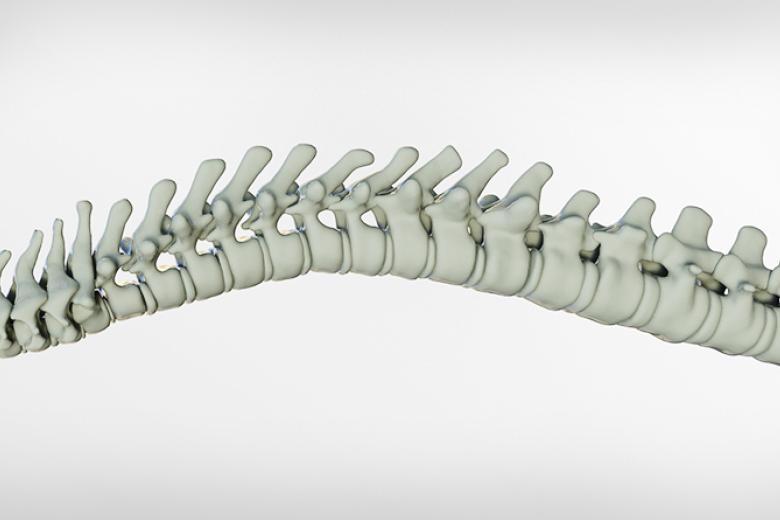
LignoCOST
Establishment of a pan-European network on the sustainable valorisation of lignin.

GraSage
The main goal of the “Grasage” project is to develop a model describing the orientation and structural interaction of graphene within the polymer matrix during a fibre melt-spinning process and able to predict the electrical , thermal and mechanical properties of the nanocomposites.
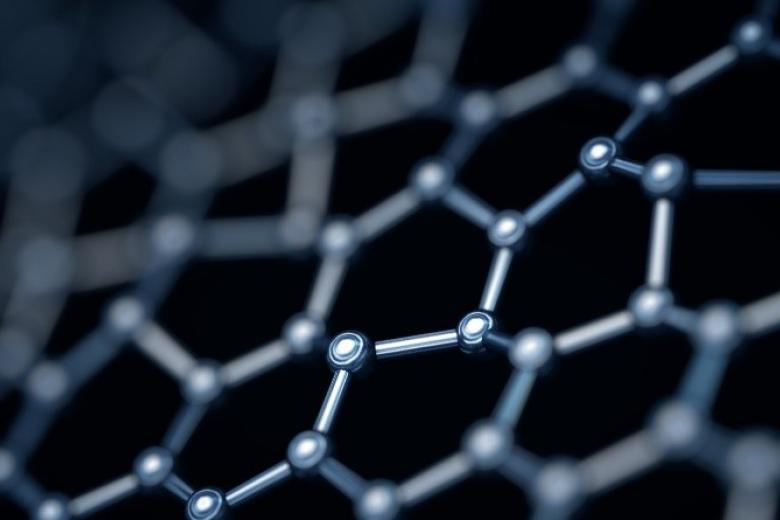
Beauti-Fully Biobased Fibres
The objective of the Beauti-Fully Biobased Fibres project is to develop sustainable, renewable colourants with improved light fastness and colour intensity for colouration of (biobased) man-made textile fibres.
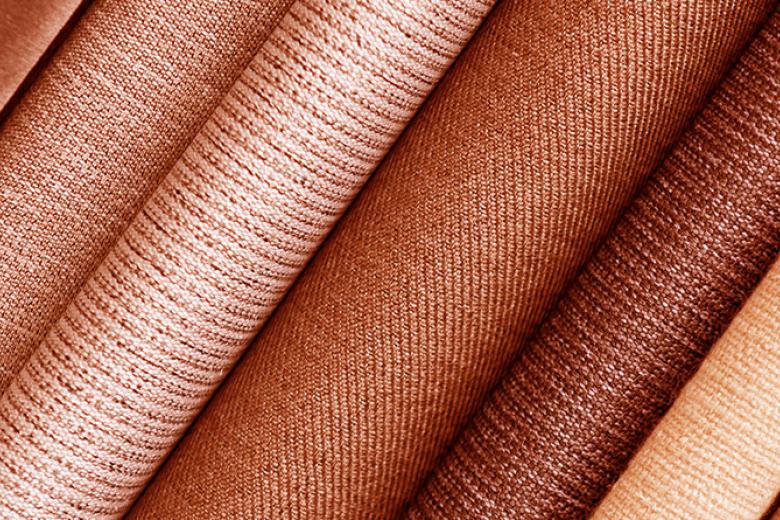
Pure Nature: 100% biobased (BB100)
The main goal of the BB100 project is the development of a process chain towards fully biobased man-made fibre materials.
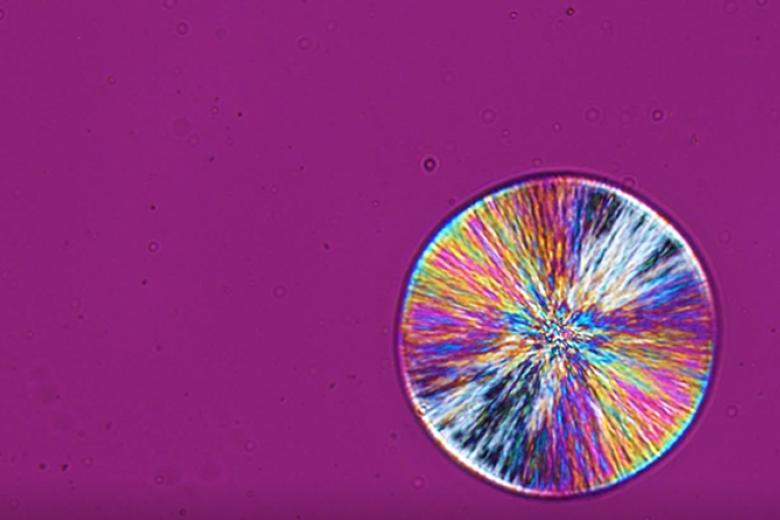
Lignin Riches
This project has the ambitious goal to lay the basis of the world’s first bio-refinery for lignin: a crude oil to be used as marine fuel.

Sustainable cellulose nano-fibers reinforce materials
By joining forces, Sappi and Maastricht University are developing a new and environmentally friendly production technology for plastics with new properties.
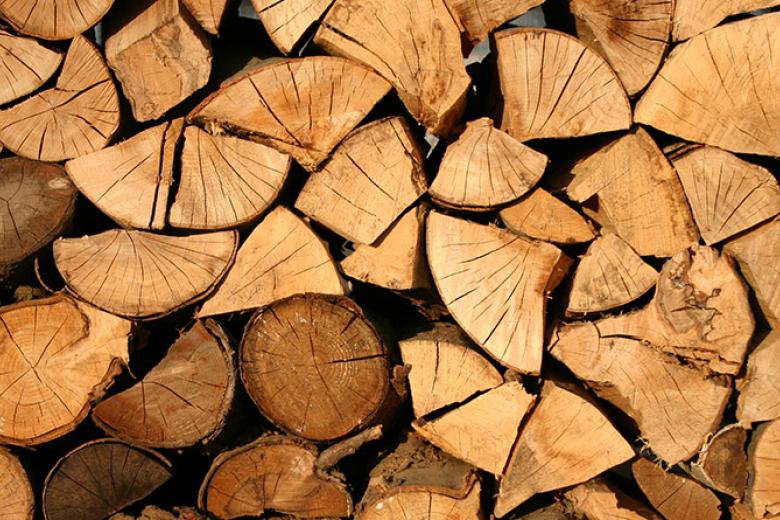
Elastin mimetic polymer-peptide hybrids
The goal of this project is to engineer functional cardiovascular tissues that have the ability to provide long-term functionality when introduced into the body.
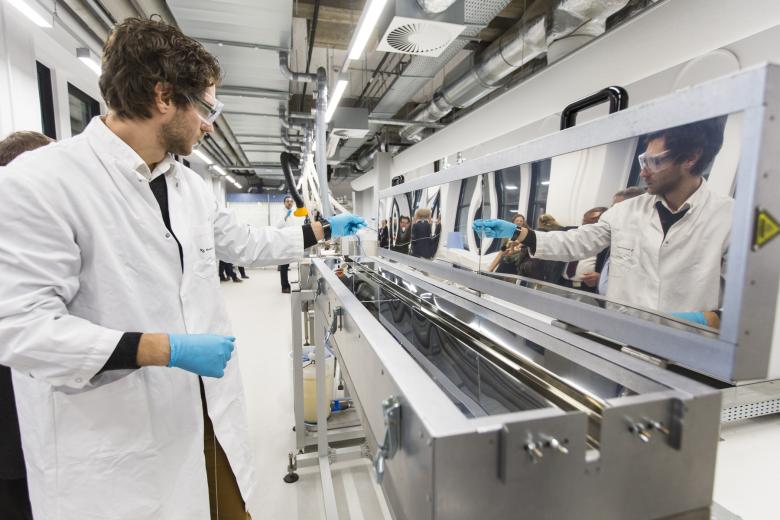
Plastic Diamond
Plastic Diamond project aims to transfer the synthesis of a weekly-entangled (disentangled) Ultra-High Molecular Weight Polyethylene (UHMWPE) to industrial level and expand its applications.

PACK-CE
Accelerating the use of recyclable multilayer food packaging for the transition to a circular economy.

Enzymatic conversion of Chitin into high value compounds
Chitosan has a number of commercial and biomedical uses: It has proven antibacterial, antifungal and antiallergenic properties and is therefore of interest for the agricultural- and pharmaceutical industry.

BIO4SELF
The goal of the project is to develop fully biobased composite materials based on high performance nanofibrillar PLA fibres.
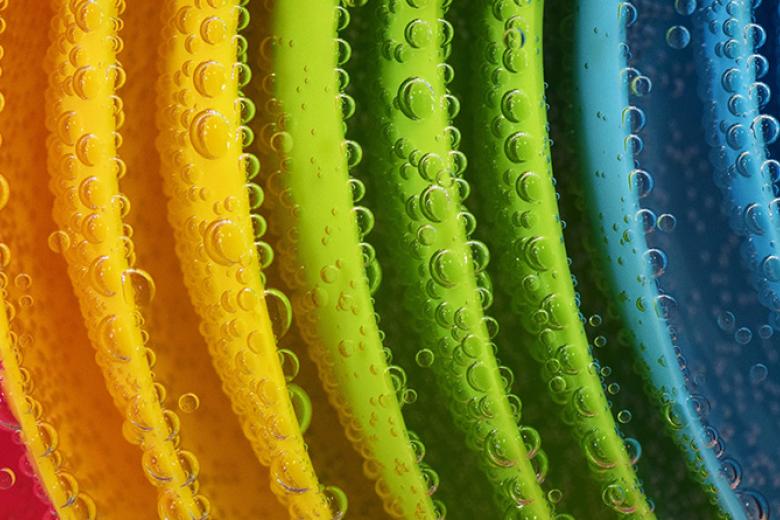
Synthesis of polymers for healthcare applications
The aim of this project is to address synthesis routes for development of the next generation of polymers.

Molecular design of high-end materials for 3D printing
The main goal of the project is the development of a selection of polymeric materials that perform optimally as filaments (3D printing raw materials).
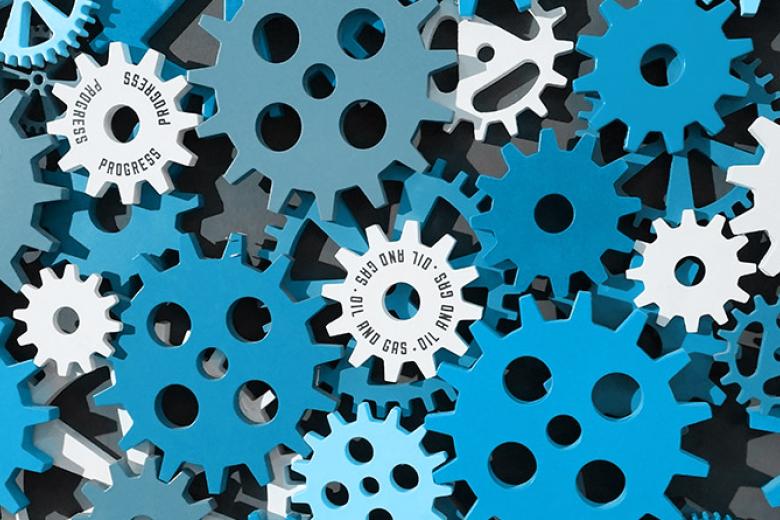
Bio-HArT
Technology development for the production of functionalised biobased aromatics.
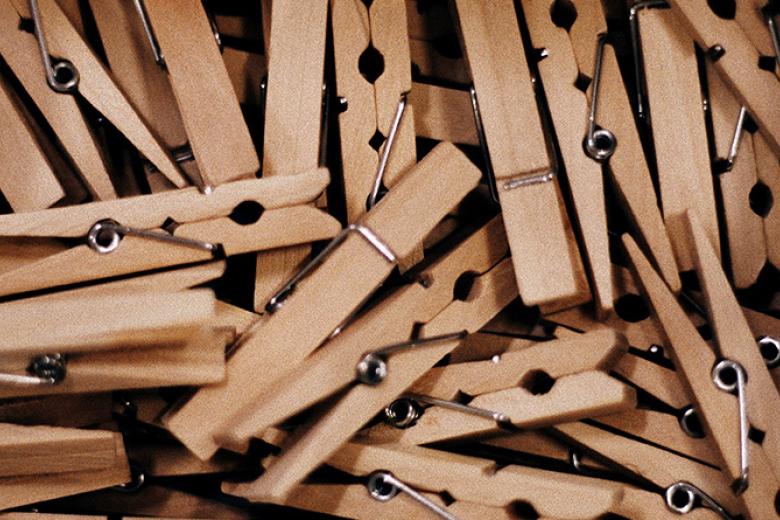
Horizontal
The goal of the “Horizontal” project is to map and evaluate different suggested solutions in order to understand which products and processes have a higher potential for creating economic value and are therefore suitable for scale up and piloting.
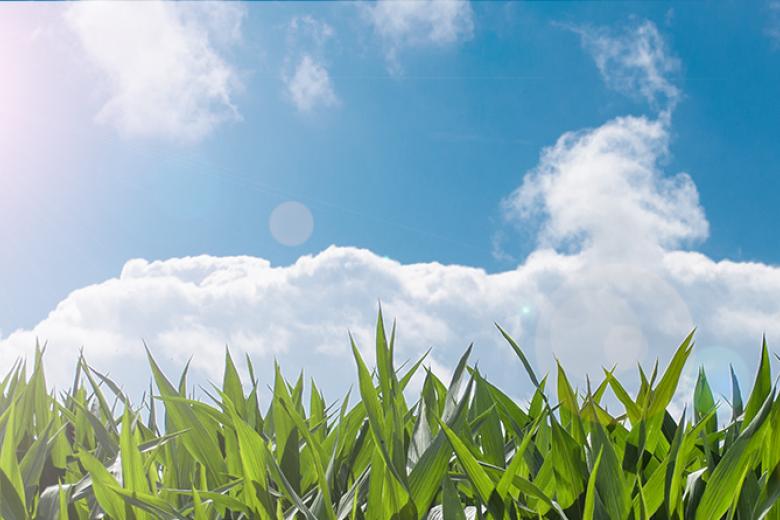
DPLA
Synthesis of disentangled (ultra-)high molecular weight poly-lactide.
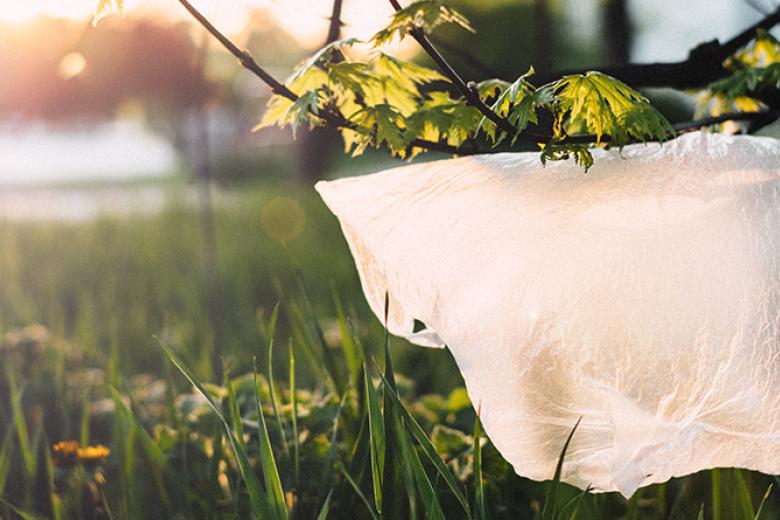
ROBOX
The Robox project demonstrates the techno-economic viability of biotransformations of four types of robust oxidative enzymes.
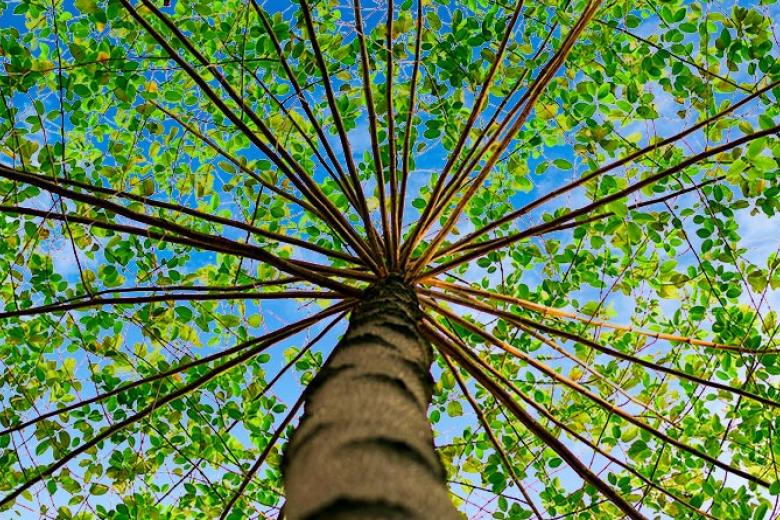
Biobased adhesives for composites (BioAC)
Develop renewable adhesives and thermosets with controlled mechanical properties for the development of lightweight, high impact composites that will result in a reduction of its carbon footprint.
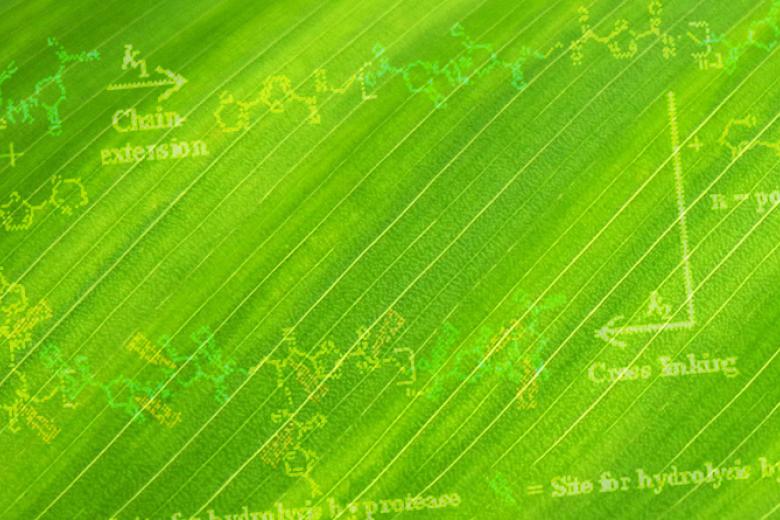
Levulinic Acid to Adipic Acid (LA2AA)
The project team investigates the possibilities to make known building blocks for materials such as polyamides, which are used in a number of applications from car parts to nylon stockings.

Novel wound dressing derived from stinging nettles
The Chinese Scholarship Council have granted a scholarship to a PhD-student to come to Maastricht University for developing a novel wound dressing that is completely derived from the stinging nettle Urtica dioica.
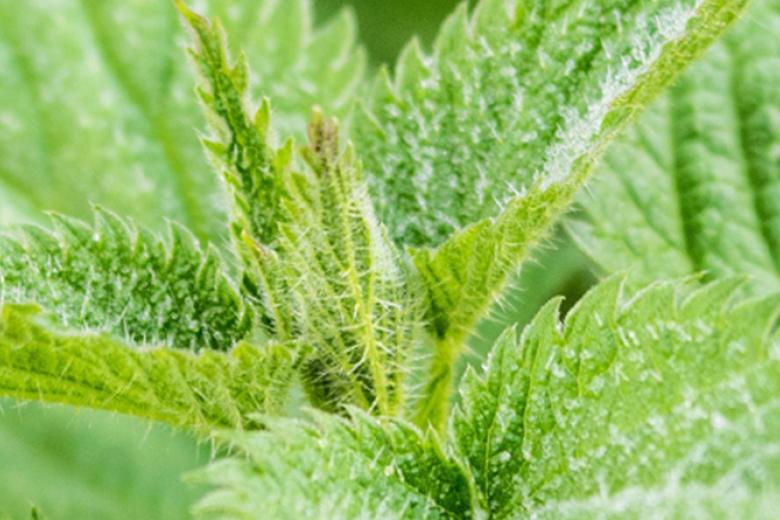
Beets to Polymers
The challenge for this project is to apply chemicals from sugar derivatives to new materials that can be implemented in a number of different markets.
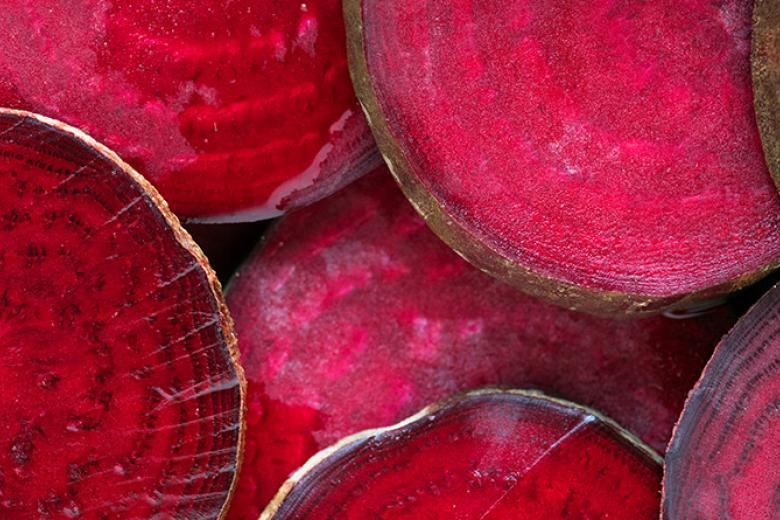
Polymer membranes based on renewable copolymers
In this project, the researchers from UM and SABIC will produce polymer membranes, that can be applied in, for example, water purification. To do this they will need to develop new block and graft copolymers that arrange themselves on a nanoscale.

Novel aromatic monomers from biomass
Novel aromatic monomers from biomass preferably provide added functionality as compared to fossil-based monomers to be considered a viable alternative.
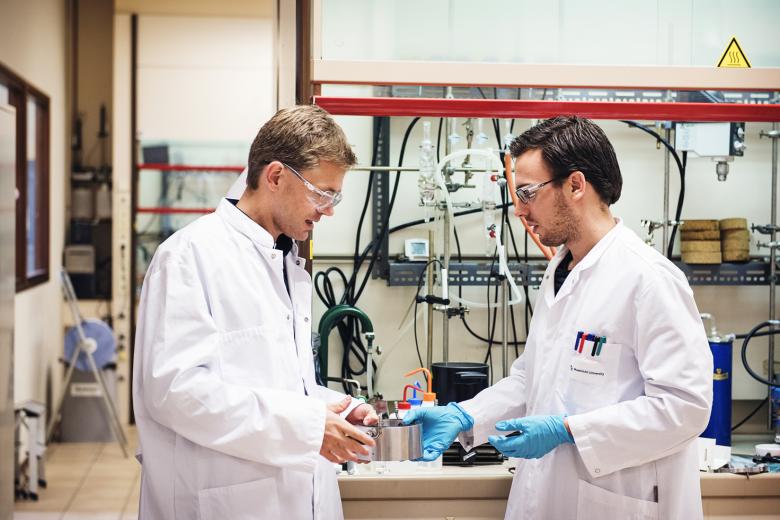
Expertise network for the sustainability assessment of biobased materials
This project is a stepping stone towards the development of an international collaboration focusing on the quantification and interpretation of the sustainability impact of biobased materials and processes in the Euregio.

Alternative biobased precursors for a sustainable and affordable production of carbon fibres
The starting grant “Alternative biobased precursors for a sustainable and affordable production of carbon fibres” aims at developing more sustainable carbon fibres.
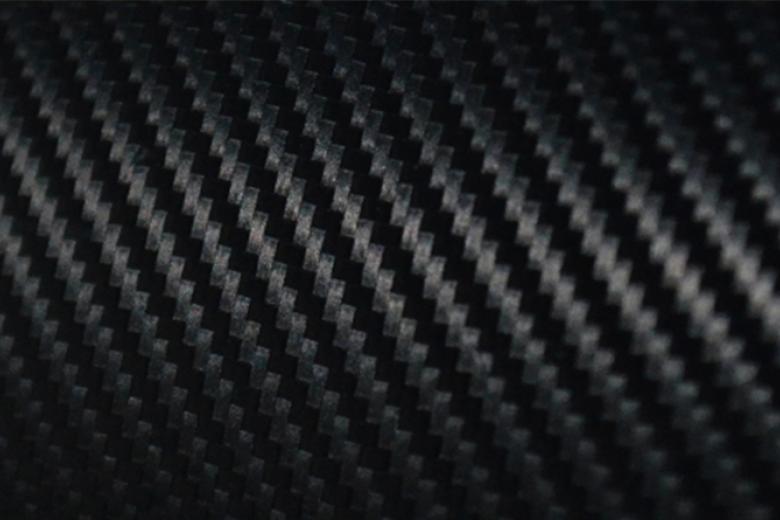
GREENER
This project aims to contribute to a more sustainable world. On the one hand, we will develop polymers that have the same properties as the widespread water-soluble polymer polyacrylic acid, but have the great advantage that they are both bio-based and biodegradable, characteristics that polyacrylic acid does not yet meet.

Biobased Materials Plus (BBM+)
Maastricht University is developing an innovative learning environment in the field of biobased materials for talented students and professionals on the Brightlands Chemelot Campus.
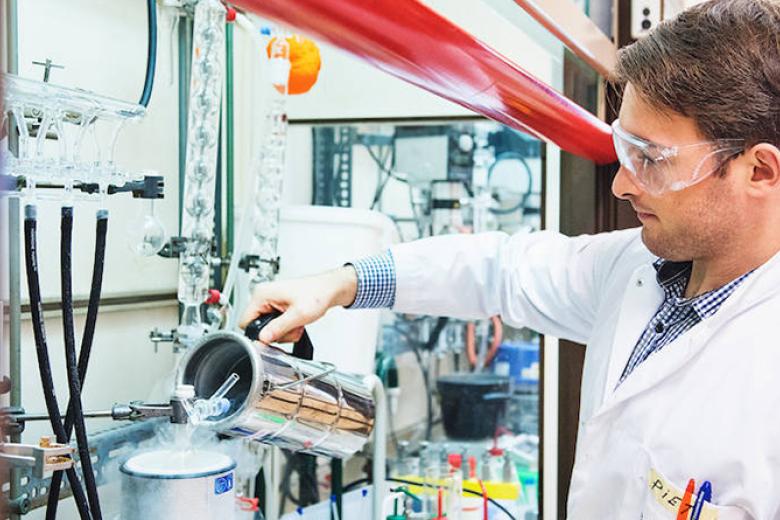
BioTex Fieldlab
The goal of the project BioTex Fieldlab is the development of new textile products, based on innovative fibers from biobased polymers.
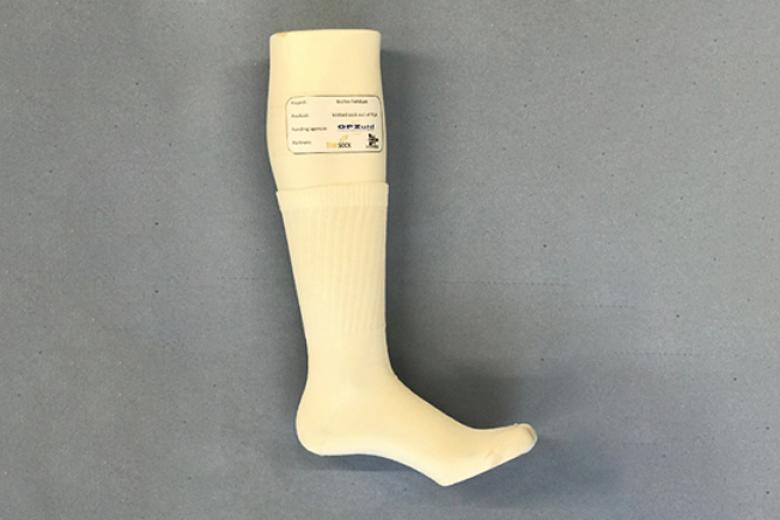
ZCORE
The ZCORE project (from seaweed to coating resins applications) brings together the relevant companies (SMEs) and knowledge partners in the field of seaweed production and refining (Zeeland), bio-aromatics production (Nord-Brabant) and in the field of coatings and sustainability (Limbourg).
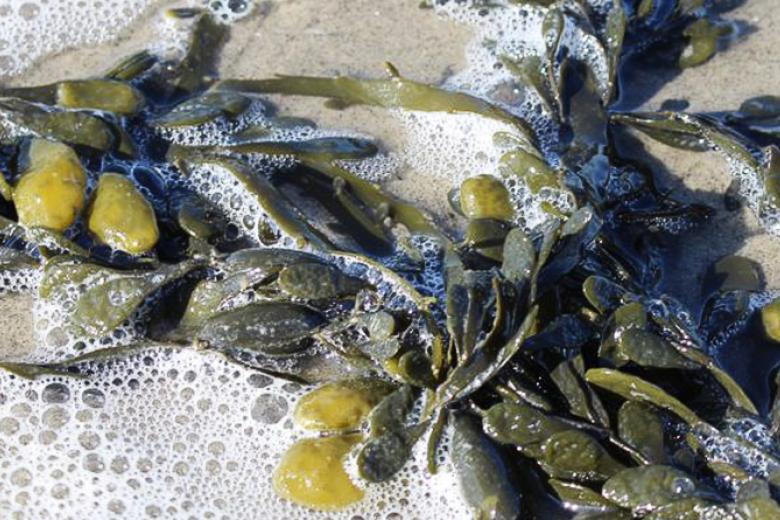
Bio NIPU
The project focuses on the development of 100% biobased and non-toxic polyurethane for end products in the textile and synthetic rubber industry.
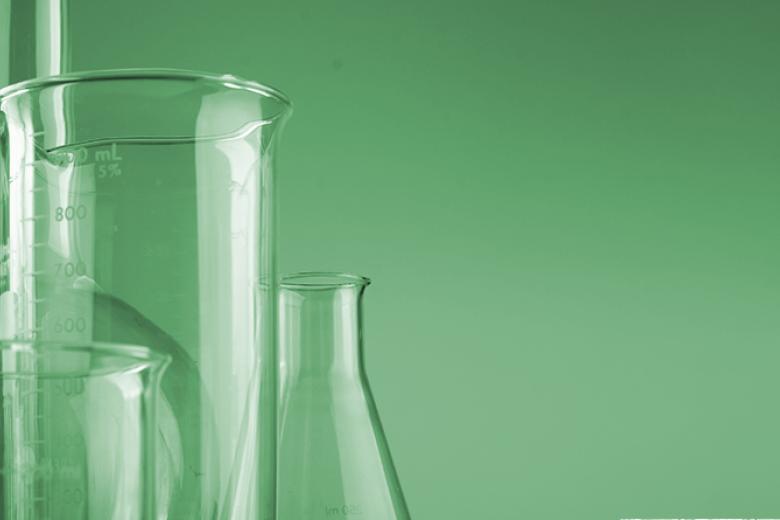
BIOCOMEM
The role of Maastricht University will be the synthesis and design of biobased copolymer precursors that can be processed into membranes with improved mechanical, thermal and permeation properties.

AACoMa
The AACoMa project focuses on accelerating the advanced manufacturing of composite materials by demonstrating the needed processing technologies in close interaction with companies.

CurCol
The Interreg NWE project CurCol aims to demonstrate economic potential for the production chains from regionally produced plants to colourants in packaging.
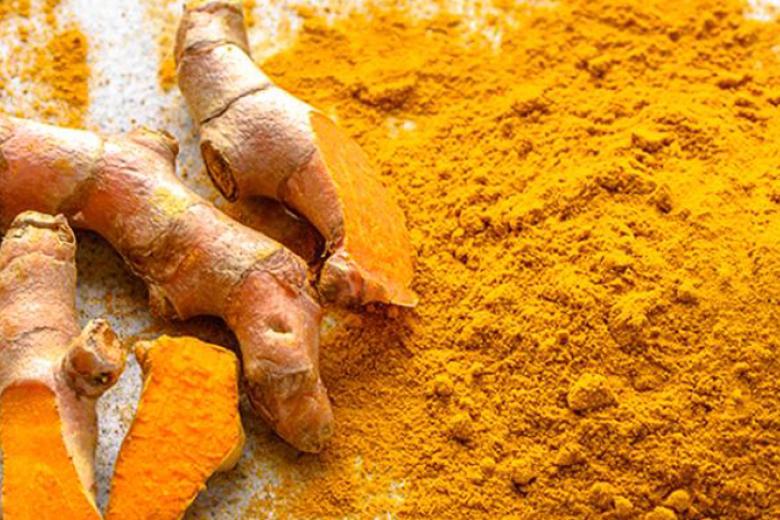
BiG: Developing a new value chain from biomass to C6 monomers
In this project, the Orrù-group of AMIBM is responsible of the quality analysis of the pilot plant and scouting for new routes to use methyl pentenoates as bio-based building block into high-commodity materials.

CIRCLES
The aim of the project is to fill the gap by joining expertise and networks of Maastricht University and University of York for co-developing a novel framework with public and private stakeholders for measuring their organizational and value chain sustainability performance.

KIEM GoChem
Improving chemo-enzymatic synthesis towards green and sustainable protein synthesis.
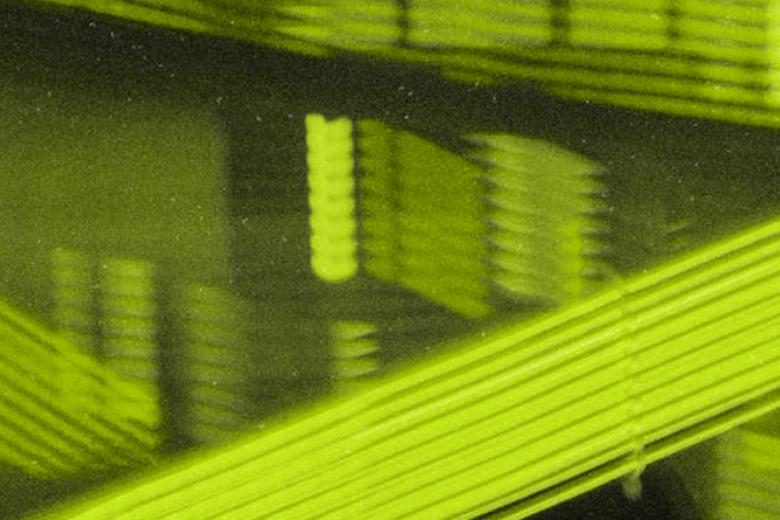
Acknowledging stress to increase protein production in plants
Besides being our main source of food and feed, plants can be used as flexible and sustainable platforms to produce large amounts of proteins for industry, such as pharmaceuticals and technical enzymes.
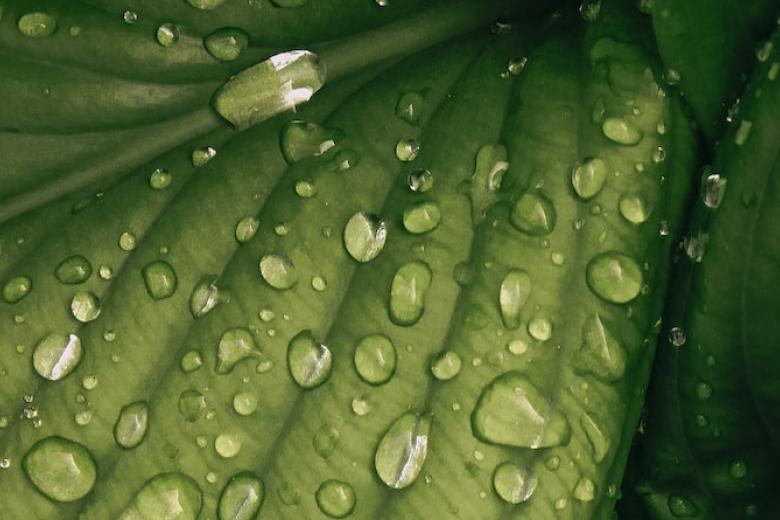
Sour rods
Can a lower intracellular pH improve the production of protein biomaterials in the bacterium E. coli?

Sustainable Production Routes for Complex Medical Hydrogels using Biomass
The scientific targets for the project are to establish sustainable conversion pathways to tailor specific functional polysaccharides, explore new post-modification techniques to introduce photo-sensitive side groups into polysaccharides, and to demonstrate biomedical applicability of these functional materials for the fabrication of complex hydrogel constructs by photocrosslinking assisted 3D lithography.

Biobased materials: towards more efficient and patient friendly chemotherapy
The fundamental aim of our study is to develop biobased, degradable drug carriers with high affinity and selectivity toward cancer cells. The outcome of our research is envisioned to improve the efficiency of administration and biocompatibility of anticancer drugs, thereby reducing the side effects of chemotherapy.
